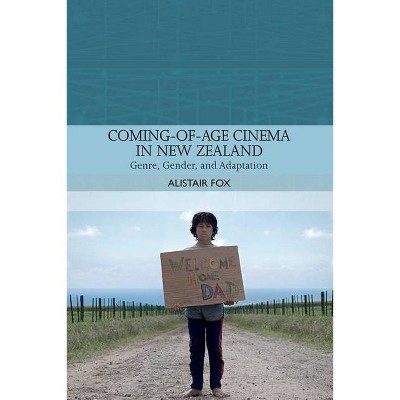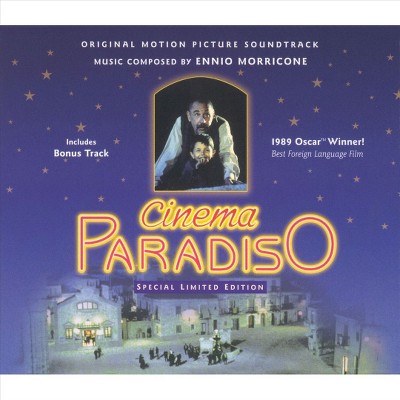Cinema in the Digital Age - 2nd Edition by Nicholas Rombes (Paperback)
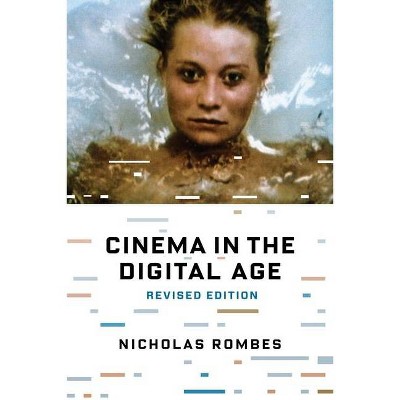
Similar Products
Products of same category from the store
AllProduct info
<p/><br></br><p><b> About the Book </b></p></br></br>This updated edition of <i>Cinema in the Digital </i><i>Age</i> takes a fresh look at the state of digital cinema. It pays special attention to the ways in which nostalgia for the look and feel of analogue disrupts the aesthetics of the digital image and examines how recent films have disguised and erased their digital foundations.<p/><br></br><p><b> Book Synopsis </b></p></br></br><p>Have digital technologies transformed cinema into a new art, or do they simply replicate and mimic analogue, film-based cinema? Newly revised and expanded to take the latest developments into account, <em>Cinema in the Digital Age</em> examines the fate of cinema in the wake of the digital revolution. Nicholas Rombes considers <em>Festen</em> (1998), <em>The Blair Witch Project</em> (1999), <em>Timecode</em> (2000), <em>Russian Ark</em> (2002), and <em>The Ring</em> (2002), among others. Haunted by their analogue pasts, these films are interested not in digital purity but rather in imperfection and mistakes--blurry or pixilated images, shaky camera work, and other elements that remind viewers of the human behind the camera.</p><p>With a new introduction and new material, this updated edition takes a fresh look at the historical and contemporary state of digital cinema. It pays special attention to the ways in which nostalgia for the look and feel of analogue disrupts the aesthetics of the digital image, as well as how recent films such as <em>The Social Network</em> (2010) and <em>The Girl with the Dragon Tattoo</em> (2011)--both shot digitally--have disguised and erased their digital foundations. The book also explores new possibilities for writing about and theorizing film, such as randomization.</p><p/><br></br><p><b> Review Quotes </b></p></br></br><br>Like the first edition, Rombes's revised edition proves a relevant resource for film and digital media scholars.--Choice<br><br>Nicholas Rombes' updated version of <i>Cinema in the Digital Age</i> is a playful and provocative work. His book offers a compelling and creative approach to film criticism grounded in the material aspects of digital media as it becomes our everyday mode for making, distributing, watching, and sharing movies.--Chuck Tryon, Fayetteville State University<br><br>Over the last several decades, digital technologies have profoundly changed the ways that movies are made, as well as the ways that we watch them. But these changes are neither simple nor straightforward. In <i>Cinema in the Digital Age</i>, Nicholas Rombes surveys these changes with a kaleidoscopic collage of observations, suggestions, and extrapolations.--Steven Shaviro, DeRoy Professor of English, Wayne State University<br><br>The rise of digital has changed not only the ways films are made, but the ways they are watched, thought, and dreamed about. In this revised edition of his groundbreaking <i>Cinema in the Digital Age</i>, Nicholas Rombes thrillingly identifies the essential films, technologies and practices emblematizing the rupture of digital before peering, with both anxiety and excitement, into the pixel-smeared wilderness ahead.--Scott Macaulay, editor-in-chief, <i>Filmmaker Magazine</i>; producer, Forensic Films<br><p/><br></br><p><b> About the Author </b></p></br></br>Nicholas Rombes is professor of English at the University of Detroit Mercy. He is the author of several books on cinema and punk, including <i>The Ramones</i> (2005), and editor of<i> New Punk Cinema</i> (2005). He also directed the feature-length lo-fi paranoid thriller <i>The Removals</i> (2016).
Price History
Cheapest price in the interval: 32 on November 8, 2021
Most expensive price in the interval: 32 on December 20, 2021
Price Archive shows prices from various stores, lets you see history and find the cheapest. There is no actual sale on the website. For all support, inquiry and suggestion messagescommunication@pricearchive.us
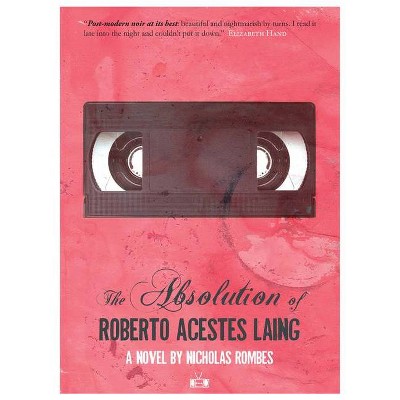
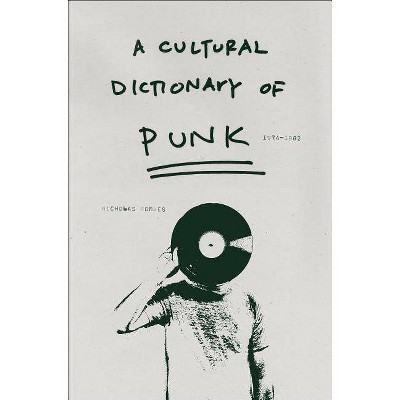
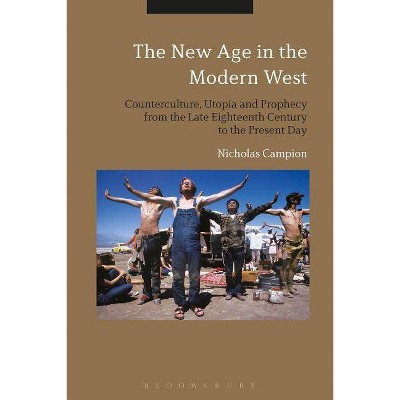
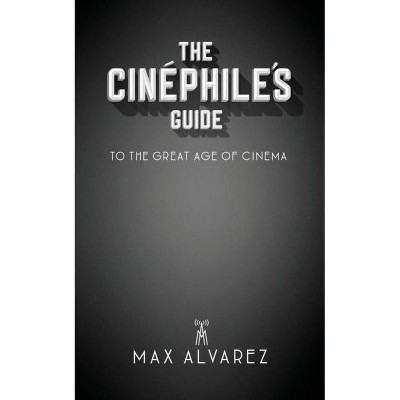
![Dragon Age: Inquisition Game of the Year Edition - Xbox One [Digital]](https://pisces.bbystatic.com/image2/BestBuy_US/images/products/6237/6237544_sd.jpg)
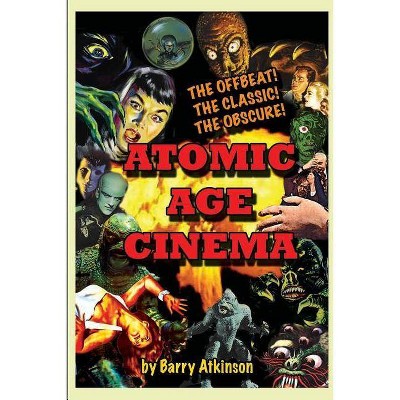
![Age of Empires II: Definitive Edition - Windows [Digital]](https://pisces.bbystatic.com/image2/BestBuy_US/images/products/6406/6406907_sd.jpg)
